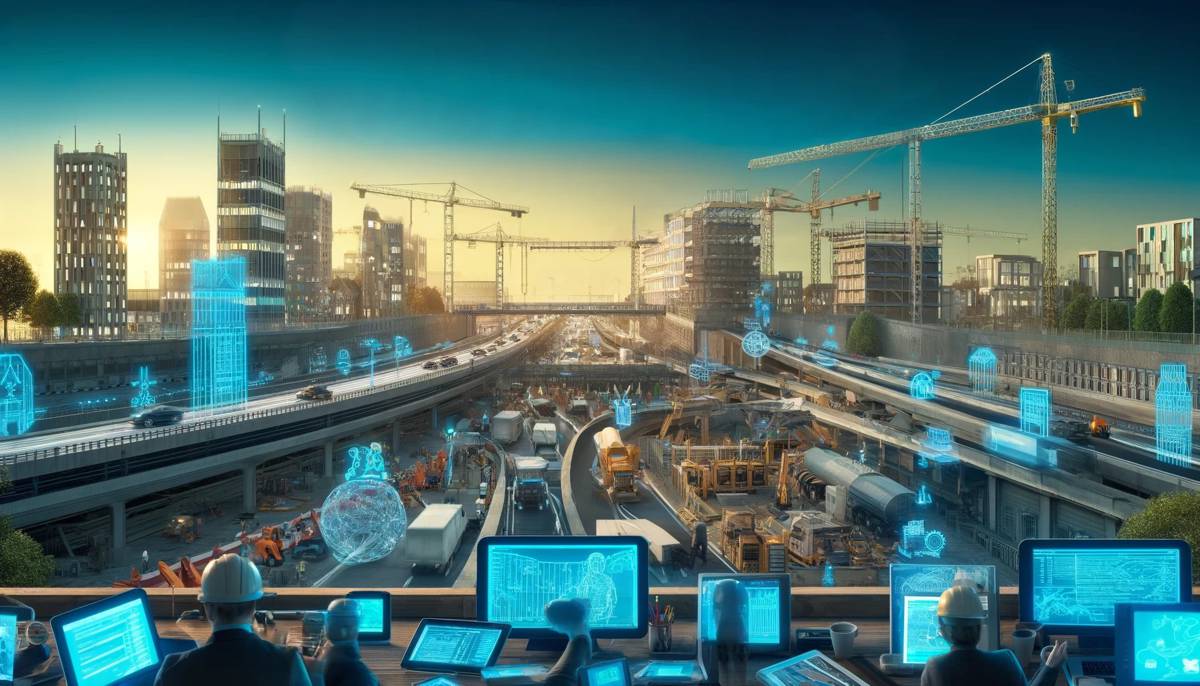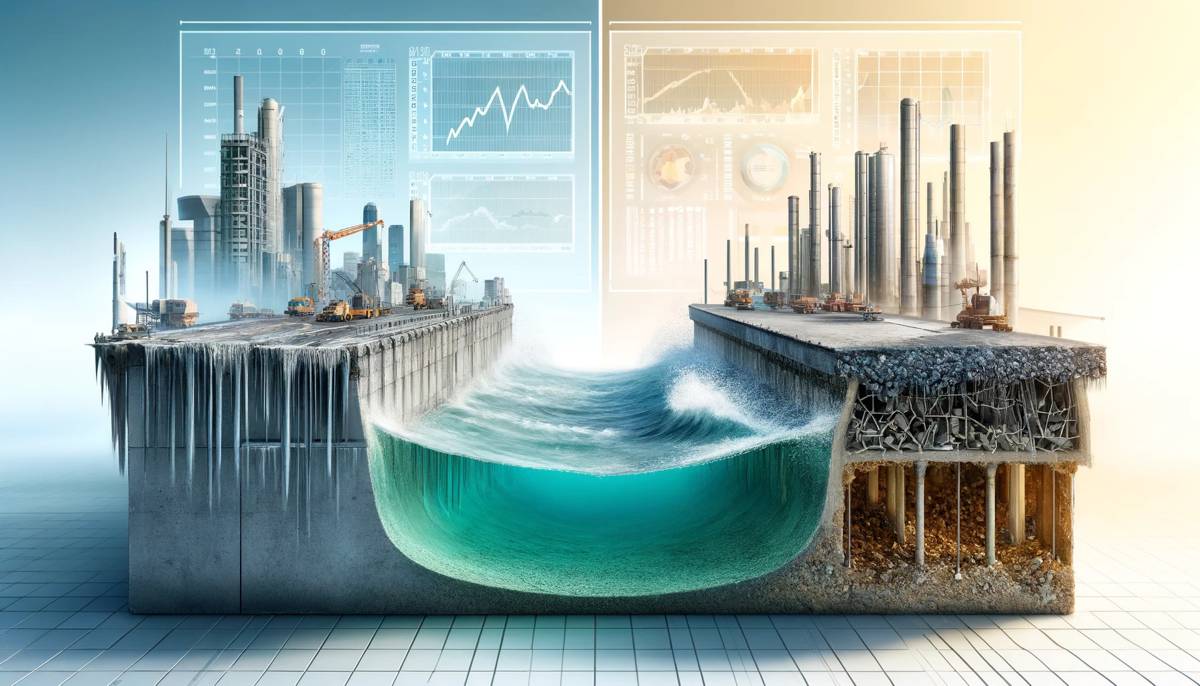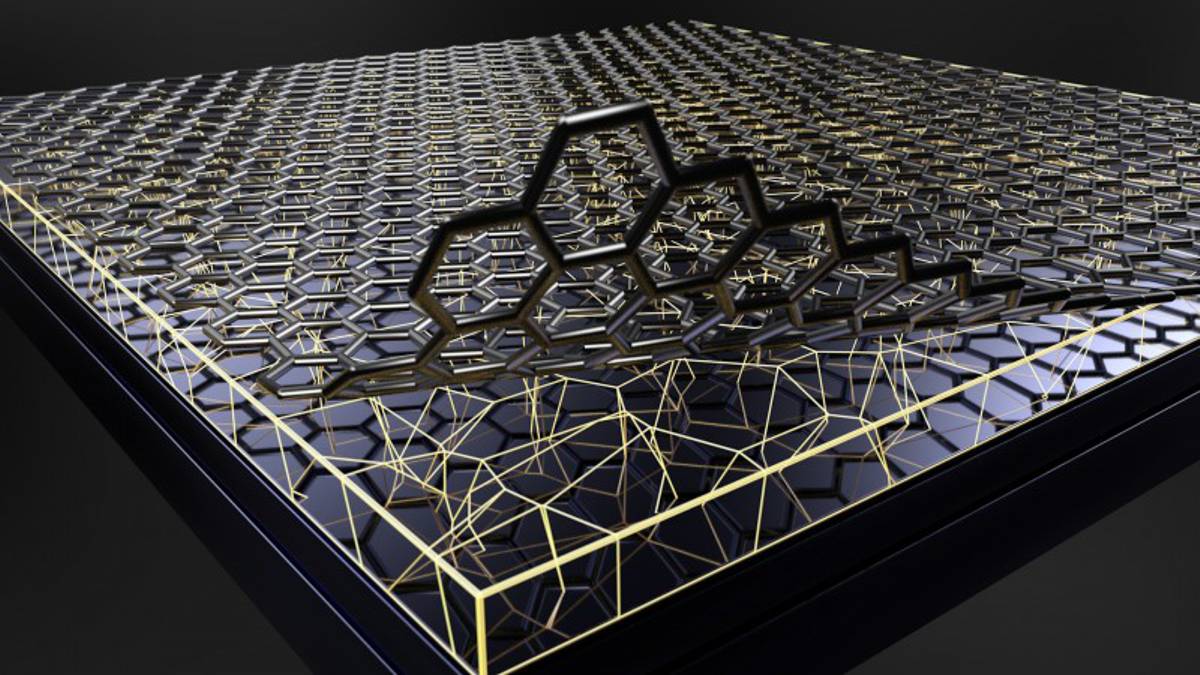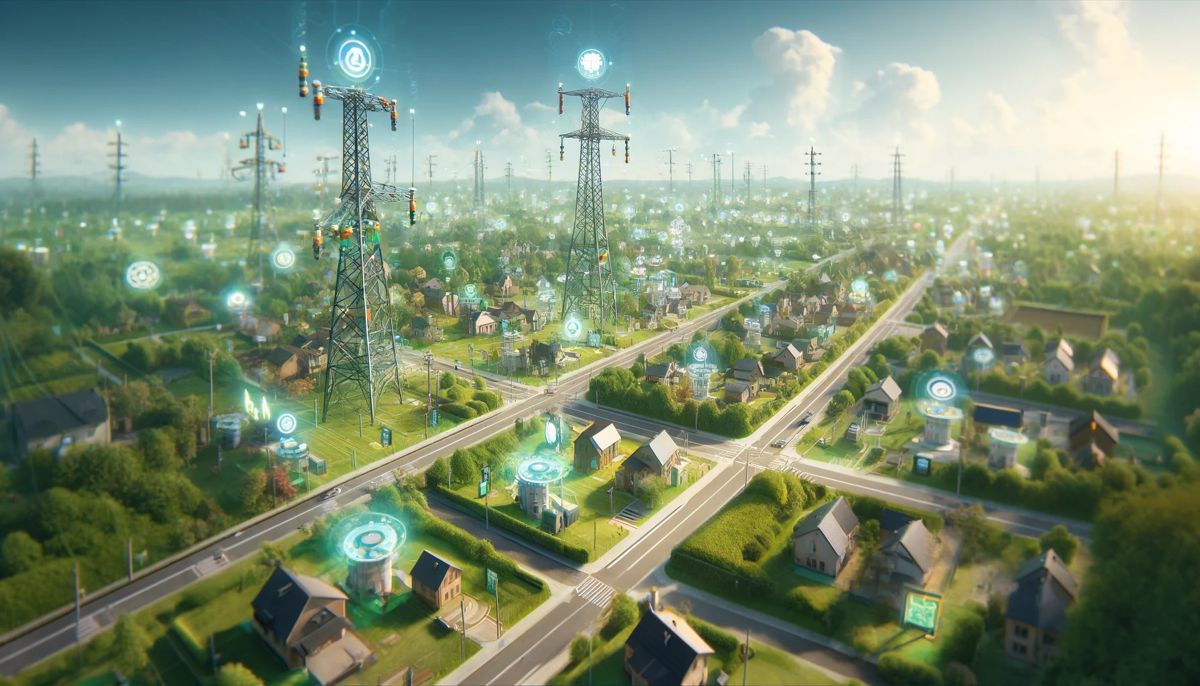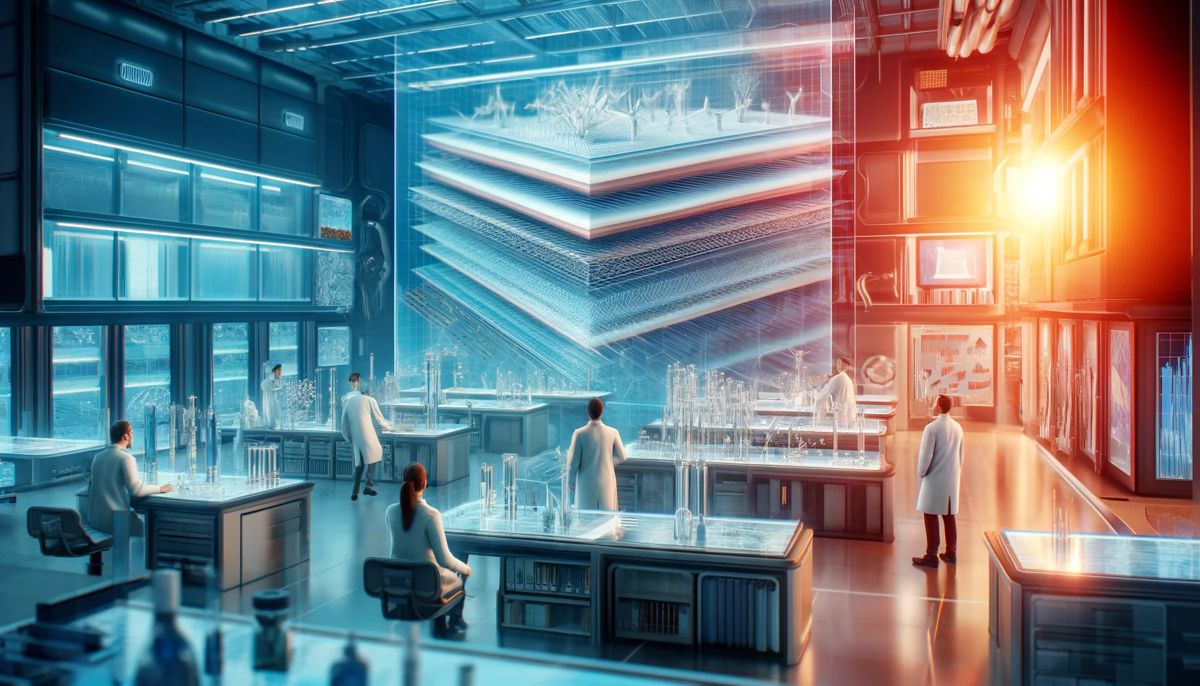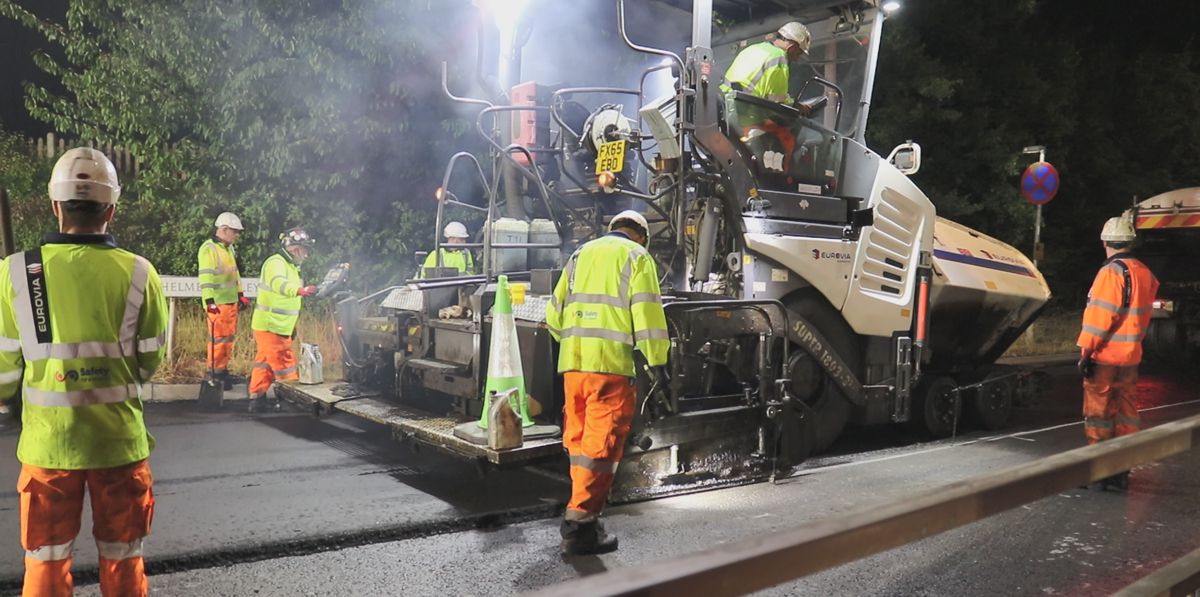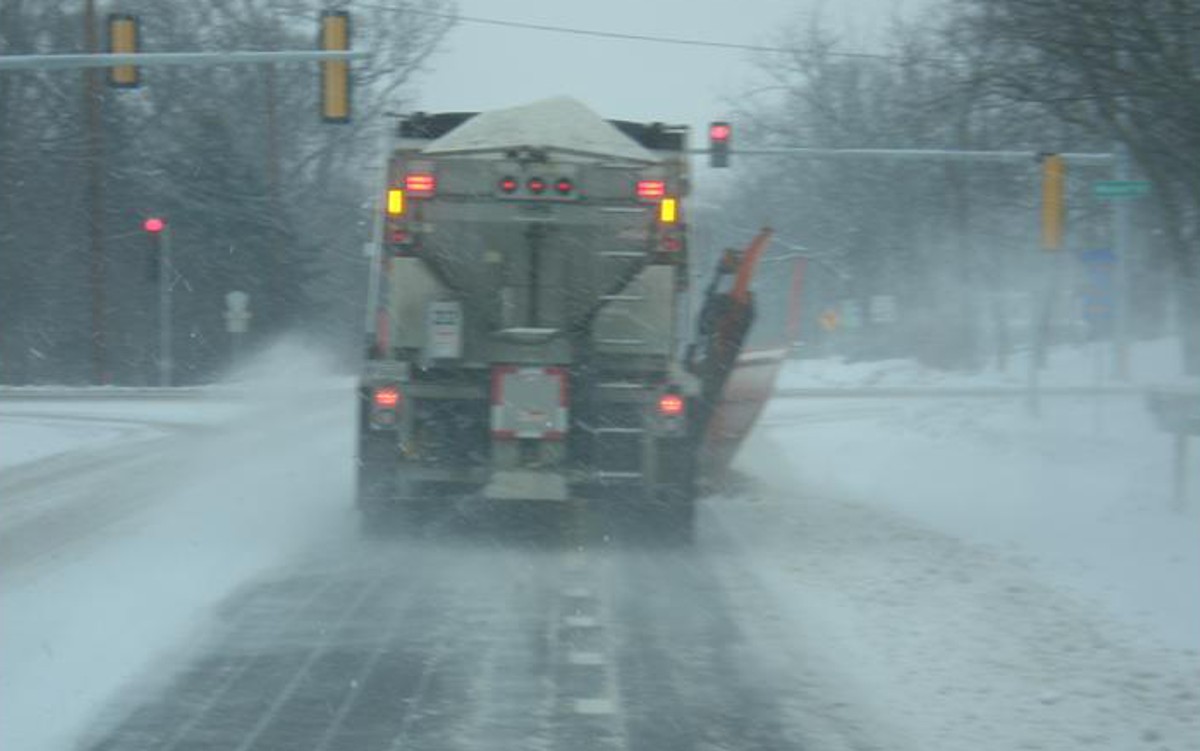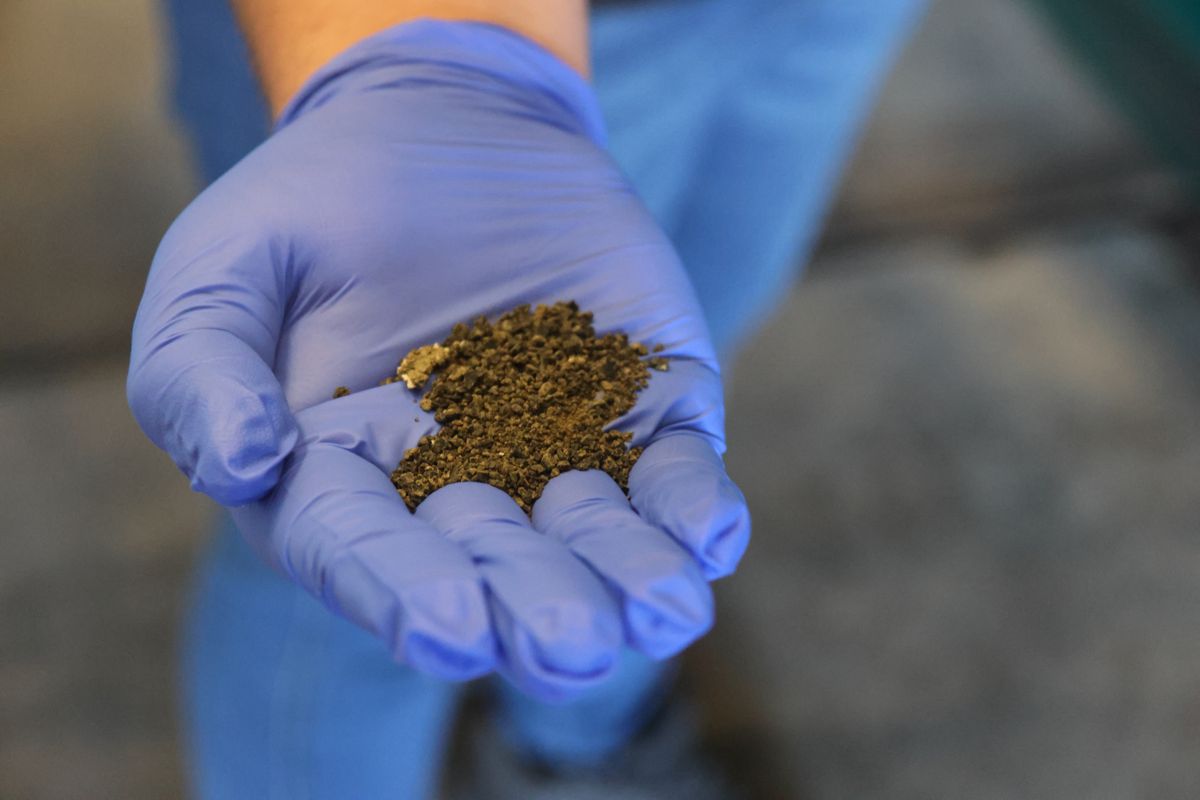LKAB fossil-free industrial park will recycle mine waste into critical raw materials
The ReeMAP project aims to develop technology for recycling mine waste. LKAB also plans to produce input materials, including hydrogen, and to electrify processes to virtually eliminate carbon dioxide emissions in mine-waste recycling.
Ibrahim Baylan, Sweden’s Minister for Business, Industry and Innovation comments “LKAB continues to develop Sweden’s strengths as an innovative nation. ReeMAP is an important initiative to utilise today’s mine waste, leading to increased circularity and contributing to the green transition with both phosphorus and rare earth elements.”
Important for Sweden, Europe and LKAB
“This investment will amount to several billion Swedish kronor and create hundreds of jobs. The industrial park will be a centre for chemical engineering where innovative technology is used to recover valuable resources. Here, we will set a global standard for clean products, energy efficiency and emissions,” says Leif Boström, Senior Vice President for LKAB’s Business Area Special Products.
The aim of the ReeMAP project is to apply fossil-free processes for recycling mine waste (tailings) from LKAB’s iron ore production and upgrading it to phosphorus products and rare earth elements; products which, owing to import dependency and their importance for our economy, are classed by the EU as critical raw materials. In addition, gypsum and fluorine products will also be produced at the industrial park, through the hydro chemical processes.
Resources for agriculture and green technology
In agriculture, high crop yields are made possible by the addition of plant nutrients in the form of phosphate fertiliser. As much as half of all agricultural production is dependent on fertilisers. The purity of the product is also important. For example, the phosphate fertiliser LKAB plans to produce will be free of cadmium, a hazardous substance which is contained in some of the material imported into the EU. Rare earth elements are used in many high-tech products, for example, permanent magnets for electric vehicles and wind turbines.
ReeMAP’s Project manager Ulrika Håkansson explains that several challenges related to technological development, localisation and industrialisation must be addressed. “We will need up to 50 hectares to accommodate our facilities. A railway line and port access are also important, since we plan to ship as much as a million tonnes of product a year. Production, especially hydrogen production, will be energy intensive.We are now looking at all of these requirements and conditions for possible localisation in Luleå, Skellefteå and Helsingborg.”
Jan Moström, President and CEO for LKAB explains the importance of ReeMAP for LKAB’s strategy and future “We have an ambition to be one of the most innovative, resource-efficient and responsible mining companies in the world. Through our development projects SUM, HYBRIT and now ReeMAP, we have assumed a global leadership role for industrial transformation and to provide the world with tomorrow’s resources.”
LKAB is a partner in the European Raw Materials Alliance
The EU is tomorrow launching the European Raw Materials Alliance with LKAB as a partner. The aim is to increase our degree of self-sufficiency in critical raw materials. Initially, the alliance will focus on rare earth elements. Via ReeMAP, LKAB will have potential to produce 30% of the current EU requirement for these materials.



